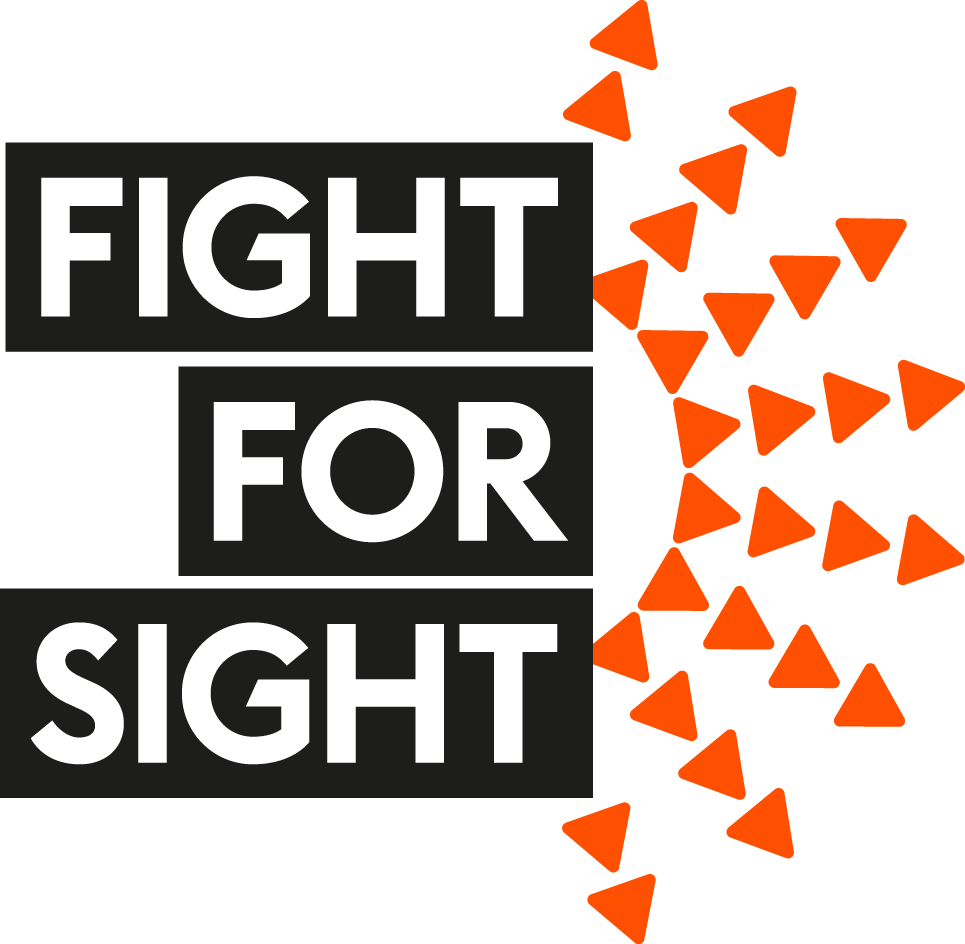What causes glaucoma and poor vision in babies born with cataract?
Research details
- Type of funding: Fight for Sight Small Grant Award
- Grant Holder: Dr Annegret Dahlmann-Noor
- Institute: UCL Institute of Ophthalmology
- Region: London
- Start date: May 2016
- End Date: May 2017
- Priority: Causes
- Eye Category: Cataract
Overview
Each year 240 children in the UK are born with cataract, a clouding of the lens in the eye. Untreated, this causes blindness.
Surgery can remove cataracts, but most children still develop poor vision and are registered as sight impaired. Many also develop high pressure in the eye, which damages the optic nerve (glaucoma), and requires lifelong treatment and many further operations. Doctors do not know why the outcomes are often poor.
In this project the team is using new scanning technologies (called optical coherence tomography or OCT) and eye movement recordings to study all the structures inside the eye that are affected by cataract surgery and the 'eye wobble' (nystagmus) that many children with poor sight develop.
The aim is to identify the mechanism of glaucoma and poor vision, so we have new targets for treatment. Early detection of risk factors and better treatments may allow more children who need to have cataract surgery in infancy to develop better- or normal vision.

